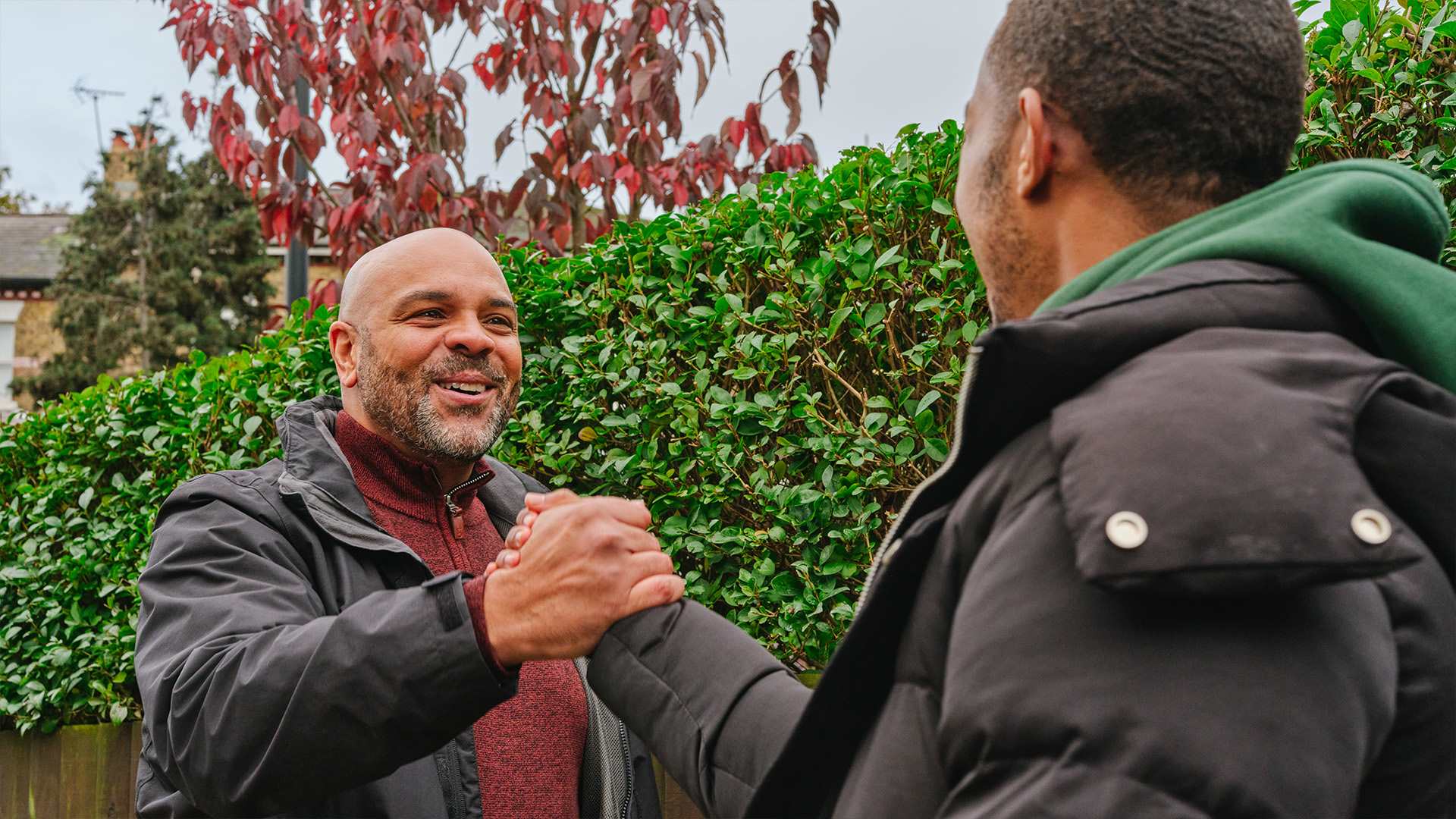Youth workers as good mental health advocates
The starting point of this research project was that youth workers are trusted adults. Indeed, when defining a trusted adult, it is hard to separate the concept from definitions of a youth worker.
The starting point of this research project was that youth workers are trusted adults. Indeed, when defining a trusted adult, it is hard to separate the concept from definitions of a youth worker.
Youth workers told us that while they are not mental health workers, mental health was a cornerstone of their job. This was inseparably linked to their status as trusted adults. All those surveyed acknowledged that they support young people with their mental health as part of their role.
We asked youth workers what kinds of issues they've supported young people with when it comes to their mental health. The list shows the percentage of youth workers who have supported young people on different topics.
Low mood: 85%
Relationship with family or friends: 83%
Diagnosable mental health conditions: 79%
Problems at school: 78%
Anger: 77%
Bullying: 71%
Body image or appearance: 67%
Grief and loss: 65%
Covid-19 specific issues: 65%
Self-harm: 66%
Exam stress: 65%
Suicidal feelings: 64%
Sleep problems: 64%
Remaining optimistic about the future: 64%
Loneliness: 63%
Use of technology or social media: 60%
Eating problems: 57%
Staying safe (in the local area): 47%
Abuse: 44%
Youth workers told us that despite the training on offer, they felt under-equipped to spot the warning signs of distress in the young people in their care. Youth workers spoke of the need to better able to spot “changes in language or demeanour” and know how to respond appropriately. Youth workers, as trusted adults, arguably fill a gap where formal mental support is not quite appropriate, but some caring and considerate listening is a crucial intervention that prevents issues from escalating for young people.
When understanding the support that trusted adults can give it is important to understand the distinction between referring young people and signposting them. Youth workers told us that being able to signpost and refer young people is the most important tool they have when supporting them with their mental health. Youth workers reported that during referral, young people experienced a lack of confidence, uncertainty about what to do and dealing with new people, and that these challenges were often faced alone.

A common thread through our discussions with young people and youth workers was the role of the community and organisations around them.
A fundamental takeaway is that even if an adult does not see themselves in a position of trust within their community, a young person could see them very differently.
There are numerous barriers to trusted adults working with their communities. The most pressing of those is that local community organisations often struggle to join up their operations. Youth workers spoke of not always knowing what support to refer a young person to due to not knowing who was in mental health roles across local services.
Another challenge to joined up working was that organisations were so busy with their own business that they did not know of anything else going on in their local community. This echoed the young people who said a lack of knowledge of what was on offer was a barrier to accessing youth services.
A trusted adult can be anyone: even if an adult does not see themselves in a position of trust within their community, a young person could see them very differently. This includes those in roles that are most accessible to young people, such as barbers.
Youth workers reported appreciating the importance of partnership working but recognised the challenges associated with it. Even those who had successfully forged relationships felt there was room for development.
Schools and places of worship were seen as two key settings with significant reach to young people that could benefit from embedded trusted adults to provide informal early intervention mental health support.
Umbrella organisations and local authorities were seen as playing an important role in convening organisations, as joined up working continues to be a struggle for local community groups.